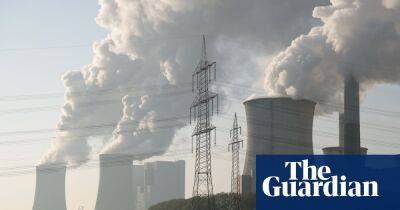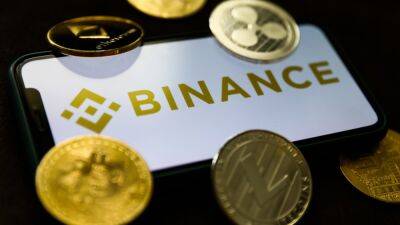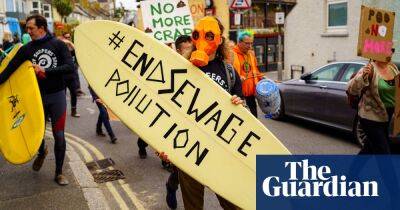EU infrastructure a 'target' for first time in recent history, says von der Leyen
The European Union's energy infrastructure has become a target for the first time in recent history, Ursula von der Leyen said on Wednesday, adding that the bloc must carry out stress tests of critical infrastructure and make better use of its surveillance satellites to prevent acts of sabotage.
"The acts of sabotage against Nordstream pipelines have shown how vulnerable our energy infrastructure is. For the first time in recent history, it has become a target," the Commission chief told the plenary of the EU parliament in Strasbourg.
Four leaks were last week detected on the two Nord Stream pipelines that connect Russia to Germany through the Baltic Sea. An investigation is now underwater but Western countries say they are most likely the result of deliberate action with Sweden and Denmark writing in a letter to the United Nations Security Council that "at least two detonations" were recorded by seismological institutes.
Von der Leyen described pipelines and underwater cables as "the lifelines of data and energy" for European citizens and businesses and that it is therefore "in the interest of all Europeans to better protect this critical infrastructure."
The bloc is currently in the process of updating its critical infrastructure directive that first came into force in 2008 to have it cover 11 risk areas including natural hazards, terrorist attacks, insider threats, and sabotage, but also public health emergencies like the recent COVID-19 pandemic.
The new law, which still needs to be approved by MEPs, is expected to come into force in 2024 but von der Leyen argued on Wednesday that "we can and should already now be working on this basis."
She also said that the bloc needs to "stress test" its infrastructure, first those
Read more on euronews.com












![Betting against Tron [TRX] in Q4? Read this update first](https://finance-news.co/storage/thumbs_400/img/2022/10/7/44020_pz3c.jpg)









